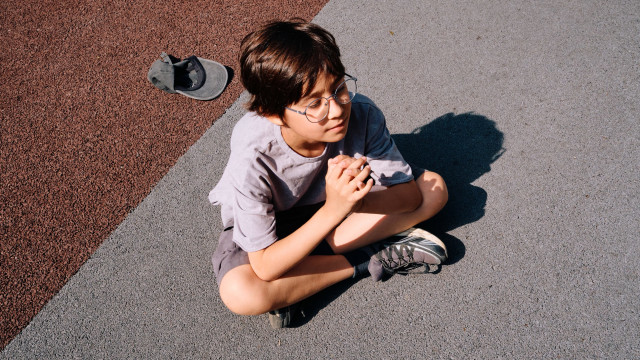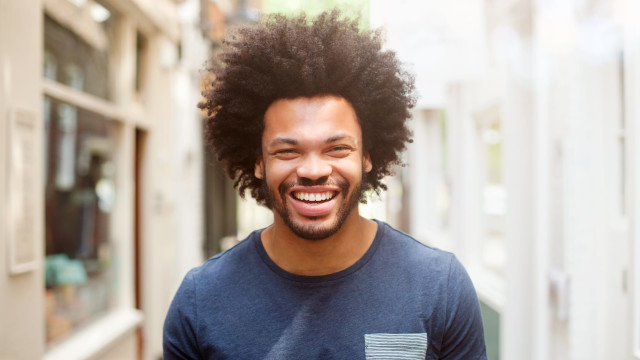Mindful Insights In Meditation

In high school, I found a local class that included mindful movement, breath practices, and meditation. For the first time in my young life, I touched the experience of stillness and a quiet mind; this felt both foreign and familiar.
Meditation in My Life: A Causative Force
One of the most impactful moments of my early meditation study was when a teacher of mine told me, “You don’t have to believe everything you think.”
Up until that moment, I was living in my head, assuming everything it was saying was true, including the loud voice of my inner critic. When thoughts like “no one likes you” or “you will never be good enough” appeared, I would take them at face value and trust they knew best.
When I started to practice meditation, and more specifically when I began working with mindfulness of thoughts and self-compassion, I began to observe the nature of ideas — ephemeral, impersonal, and not consistently as accurate as they seem!
Self-compassion helped me see that I wasn’t alone in my internal struggle and that there are ways to work more skillfully with my thoughts. These practices have led to a greater sense of trust in myself and an ability to forgive myself when I mess up.
My early experience with meditation encouraged me to stay connected to the path of practice throughout my life, which led me to study with an array of teachers both in the United States and India.
Using Meditation and Mindfulness as a Tool to Teach
As a mindfulness and emotional intelligence facilitator, I love to explore the relationship between meditation and the five competencies of emotional intelligence: self-awareness, self-management, motivation, empathy, and social skills.
Through the practices of mindfulness, meditation, and emotional intelligence, I work to support my clients in finding productive ways to work with stress and anxiety. I help them develop fluency with negative emotions, be less reactive, strengthen interpersonal communication, and lead a life with wisdom, empathy, and compassion.
Many meditation practices can enhance these different skills, and they are essential to courageous leadership. My practice also focuses on connection to our bodies. As one teacher loved to say, “Most of us live from the eyebrows up,” and we forget about the rest of the body we inhabit.
The body constantly delivers signs and signals filled with insight and wisdom related to emotions. When we practice meditation with the body as our focus, we can deepen our self-awareness and learn how to respond to life with more skill and care.
As You Learn to Build Your Practice
Drop the idea that meditation is supposed to feel any particular way.
Many people start a meditation practice assuming that it will bring them instant peace and a quiet mind. In reality, meditation can be challenging. The goal isn’t to manufacture some quick experience of peace but rather to deepen our capacity to meet life exactly as it is, inclusive of all the challenging moments, difficult emotions, beauty, and joy.
While this may not sound enjoyable, cultivating a meditation practice will help you feel less reactive and more connected, leading to many moments of joy and embodied wisdom.
Tips and Tricks to Cultivate more Mind-Body Connection
My morning practice always includes mindful movement. I find this helpful in waking up my body and making my mind alert for my meditation. It is an excellent way to establish a connection to my body first thing in the morning, finding out if I am carrying any aches or pains, hunger, or other bodily needs, and understanding any emotions present.
I also have a mindful tea practice where I focus my attention and presence in a specific way of preparing, pouring, and consuming tea; this is called “The Way of Tea,” or Cha Dao. I’ve found this practice helps to feed my connection to all that exists around me and translate my meditation insights to real life.
Practice mindful movement with this class, Invigorating Mindful Walk by cognitive neuroscientist David Vago.
Header photo: YangPhoto/E+/Getty Images







